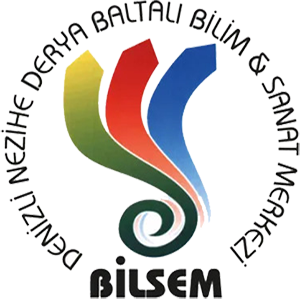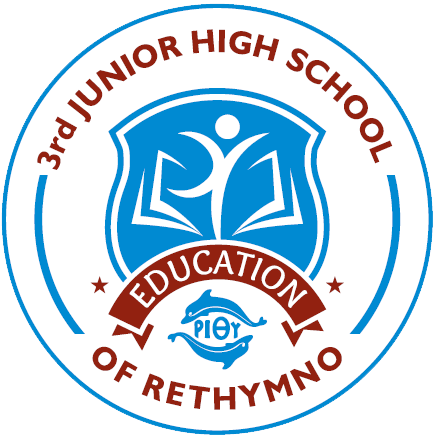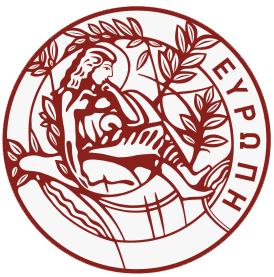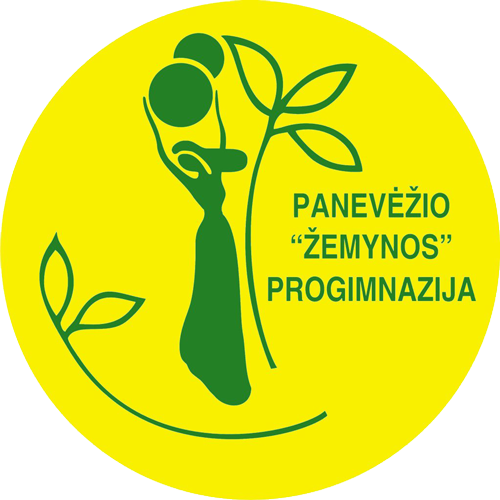
"INNOVATIVE SCHOOLS: TEACHING & LEARNING IN DIGITAL STEM LABS"
2020-1-TR01-KA226-SCH-097611

Universidad Rey Juan Carlos is the youngest and most modern of all public universities in Madrid. It has four campuses, located in Móstoles, Alcorcón, Fuenlabrada and Vicálvaro (Madrid), as well as its Foundation in the city center. It was created in 1996 with the objective of offering all-round preparation for its students, combining theoretical teaching with training in laboratories and companies, thus facilitating rapid access to the labour market. The university has, at present (course 2016/18), more than 38.000 students enrolled, including 5.200 international students from over a hundred countries from all over the World, and a staff of more than 1.900 members, including both teachers and administrative personnel.
Regarding Social Sciences, Rey Juan Carlos University (URJC) develops intense research activities in the Social Science field, both national and international. From the URJC has strengthened the relationship between different groups for the development of projects and the fundamental role of Social Science to tackle them.
Thus, by facing projects as a challenge to be solved from different perspectives (technological, social, economic …) URJC has achieved to increase the number of proposal approved and funded, being significant the growth in the number of projects in which URJC has participated (and coordinated). URJC enforce it from specific projects in Social Sciences, as another projects from different topics, but where a Social Sciences approach is necessary to accomplish them.
Social Sciences have played an important role in the overall activity of URJC. Thus, it is noteworthy URJC commitment in this point and experience, as demonstrated by participation in
both competitive national and international research programs. Among the several projects in the area of Social Sciences in which URJC has participated include, inter alia, studies on poverty and public policy, corruption and money laundering, disinterestedness of citizenship by politics in Europe funded by the Spanish National Research Programme. Other projects regarding Social Sciences are: Intelligence and democratic systems, environmental safety and energy vulnerability, gender studies, eDemocracy, and several projects funded by private institutions.
Furthermore, URJC has actively participated in international projects and programs that deal with “Science for peace and security”. It is interesting to stand out projects funded by 7FP regarding terrorism such as “How Terrorism Ends: A Comparative Analysis of Underground” (Marie Curie Programme); or “Study on the methods through which violent radicals mobilize support for terrorism and find new recruits” and “The victimization experience and the radicalization process: an understanding of the perpetrator victim cycle amongst individuals involved in terrorism". In the same way, it draws attention projects focus on “Organized Crime Portfolio” and “Tackling Illegal Economy”, funded by the Security and Safeguarding Liberties1 (ISEC Programme)”. Finally it is also remarkable URJC participation in the Minerva Research initiative” funded by USA Department of Defense.
In short, URJC has been active and with good returns both in projects and funding in Social Sciences.







